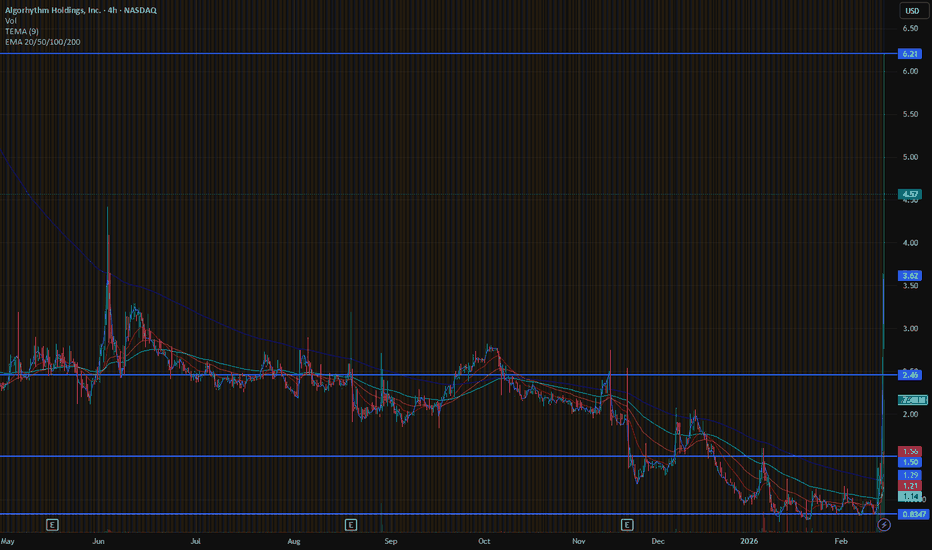
The digital economy, a force reshaping lives and propelling unprecedented economic advancement, is akin to a global phenomenon. With digital services now constituting over half of all global services exports and investment in artificial intelligence (AI) was projected to reach a staggering US$252 billion in 2024, nations worldwide are racing to harness its transformative potential.
Countries like Kenya, India, the Philippines, and the UAE are strategically positioning themselves as digital hubs, channeling substantial investments into AI strategies, robust digital infrastructure, and essential skills development.
However, beneath the glittering surface of innovation and opportunity, a significant policy deficit threatens to leave many African nations, including Zimbabwe, behind. While digital platforms are generating millions of jobs, the quality of these roles often falls drastically short, marked by precarious incomes, a severe lack of social protections, and limited avenues for workers to negotiate fair terms.
The inherent borderless nature of the digital economy amplifies these challenges.
Many digital jobs are "born global," with workers and platforms transacting across continents from the outset.
As digital labour increasingly becomes a key export for developing countries, questions surrounding trade policy and international standards become inextricably linked to job security and worker welfare.
In Zimbabwe, the allure of flexible income and the promise of opportunities through digital platforms are undeniably attractive, particularly for the country's youth and a significant female workforce.
Yet, the reality on the ground presents a starkly different and often challenging picture.
- Haz announce ladies squad for qualifier tourney
- Travelling & touring: Ever heard of a four-roomed cave?
- Ex-Q, Winky D, Baba Harare head for Odyssey
- Airports Company strikes mega hotel deal
Keep Reading
Digital workers in Zimbabwe frequently find themselves operating within a significant legal and regulatory vacuum, confronting a multitude of challenges that erode their economic well-being and personal dignity.
A primary concern is the pervasive absence of formal employment contracts.
This leaves many digital workers without clearly defined terms of employment, making it exceedingly difficult to assert their rights or seek recourse in the event of disputes.
The lack of guaranteed minimum wages translates into highly volatile incomes, frequently dictated by algorithmically determined pay structures and fluctuating market demand.
This inherent unpredictability renders long-term financial planning virtually impossible and can lead to exploitative earning potential.
Furthermore, occupational safety and health (OSH) measures are largely non-existent for digital workers.
While the risks may differ from those in traditional industries, they are no less real.
Ride-hailing drivers face inherent road safety hazards, delivery personnel grapple with demanding schedules and the potential for accidents, and individuals engaged in remote data annotation or AI-driven microtasking can suffer from eye strain, repetitive strain injuries, and the psychological toll of constant surveillance and intense work demands.
Perhaps the most profound policy gap lies in the lack of comprehensive social protection.
Digital workers in Zimbabwe, much like their counterparts across Africa, are typically excluded from vital benefits such as health insurance and pension schemes.
This exclusion leaves them acutely vulnerable during periods of illness or in their old age, devoid of any essential safety net to rely upon.
Access to collective bargaining mechanisms, a fundamental cornerstone of worker rights within formal employment structures, is also largely absent.
This leaves individual workers to navigate negotiations with powerful global platforms on inherently unequal footing.
On a global scale, labur laws are demonstrably struggling to keep pace with the rapid and ongoing evolution of work.
The traditional, binary distinction between an "employee" and an "independent contractor" proves woefully inadequate in capturing the intricate nuances characteristic of digital labour.
This persistent legal grey area leaves millions of digital laborers without the fundamental protections traditionally afforded by formal employment arrangements.
While some nations are actively adopting proactive measures – Singapore, for instance, has introduced mandatory injury compensation and retirement savings for platform workers, the UK offers a defined set of protections for "worker" categories, and Spain's pioneering Rider Law reclassifies many delivery couriers as employees – these reforms remain fragmented and often confined to localized implementations.
This lack of harmonisation is particularly concerning for developing economies like Zimbabwe, which increasingly view digital labor exports as a potential engine for significant economic growth.
The inherently cross-border nature of online freelancing and remote work means that individuals in Harare could be providing services to clients based in London or New York.
Without harmonised international standards and coherent trade policies that actively prioritize worker welfare, there exists a significant risk of a detrimental "race to the bottom."
This scenario could see jurisdictions weakening labour protections and standards in a concerted effort to attract digital jobs and investment, ultimately leading to the exploitation of vulnerable workers.
The digital economy undeniably presents immense potential for progress and advancement.
However, this potential must be actualised in a manner that benefits all stakeholders, not solely platform owners and their clients.
For Zimbabwe and other nations across Africa to truly reap the rewards of the digital revolution, a fundamental reorientation of policy and approach is imperative.
The paramount priority must be the deliberate development of a digital economy that not only fosters innovation and growth but simultaneously guarantees dignity, fairness, and security for its workforce. This necessitates the implementation of a comprehensive, multi-pronged strategy:
- Modernising labour laws: Governments must undertake an urgent review and adaptation of existing labor legislation to accurately reflect and address the realities of digital work, thereby establishing clearer definitions and robust protections for digital labourers. This could potentially involve the introduction of a distinct legal category for "digital worker," endowed with a specific set of rights.
- Enhancing social protection systems: Proactive initiatives should be explored to extend essential social protection benefits, such as health insurance and comprehensive pension schemes, to digital workers. This could be effectively facilitated through collaborative partnerships involving digital platforms, government-led social security programs, or strategically established industry-wide benefit funds.
- Championing fair labour practices: It is crucial to actively encourage digital platforms to adopt more transparent and equitable pay structures, implement clear and accessible dispute resolution mechanisms, and institute rigorous occupational safety and health (OSH) protocols.
- Fostering international cooperation and harmonisation: African nations, acting collectively as a unified voice, need to actively advocate for the establishment of harmonised international standards pertaining to digital labour within the framework of trade agreements and global forums. This will serve as a critical bulwark against the aforementioned "race to the bottom" and ensure the creation of a level playing field for all.
- Prioritising skills development: Sustained investment in digital skills training remains vital to equip citizens with the necessary competencies to thrive within the evolving digital economy. However, this crucial investment must be intrinsically linked with robust measures designed to ensure fair compensation and equitable working conditions.
The digital economy is not merely an abstract concept; it is a tangible force shaping the lives and livelihoods of millions.
For Zimbabwe to truly seize the opportunities it presents, it must move beyond simply facilitating digital transactions and actively work to build a digital ecosystem that is inclusive, equitable, and protective of its most valuable asset: its people.
Failure to address these policy gaps risks not only undermining the promise of digital work but also exacerbating existing inequalities.
*Nyawo is a development practitioner, writer and public speaker.
These weekly articles are coordinated by Lovemore Kadenge, an independent consultant, managing consultant of Zawale Consultants (Private) Limited, past president of the Zimbabwe Economics Society and past president of the Chartered Governance & Accountancy Institute in Zimbabwe. Email – [email protected] or mobile No. +263 772 382 852











